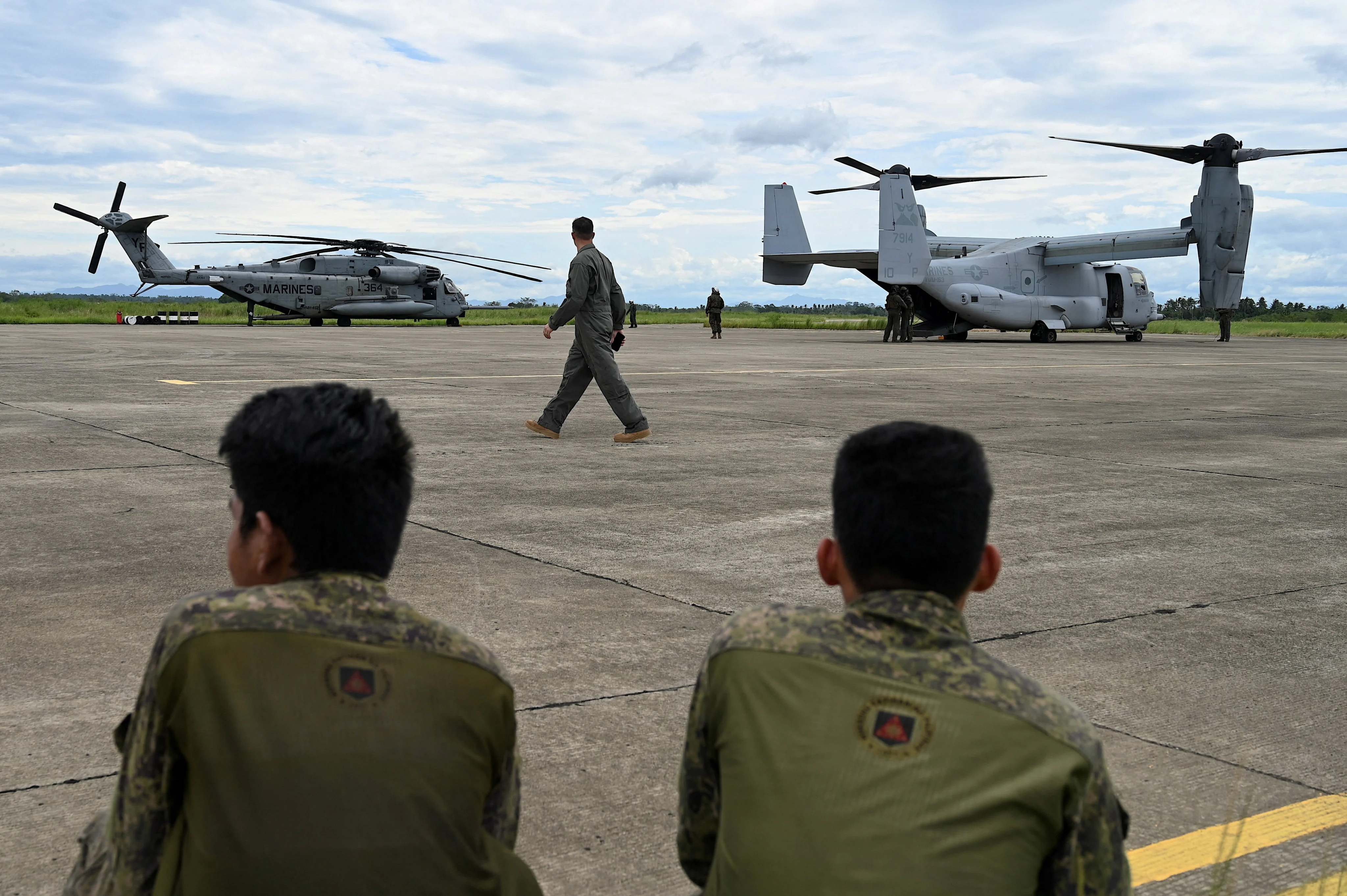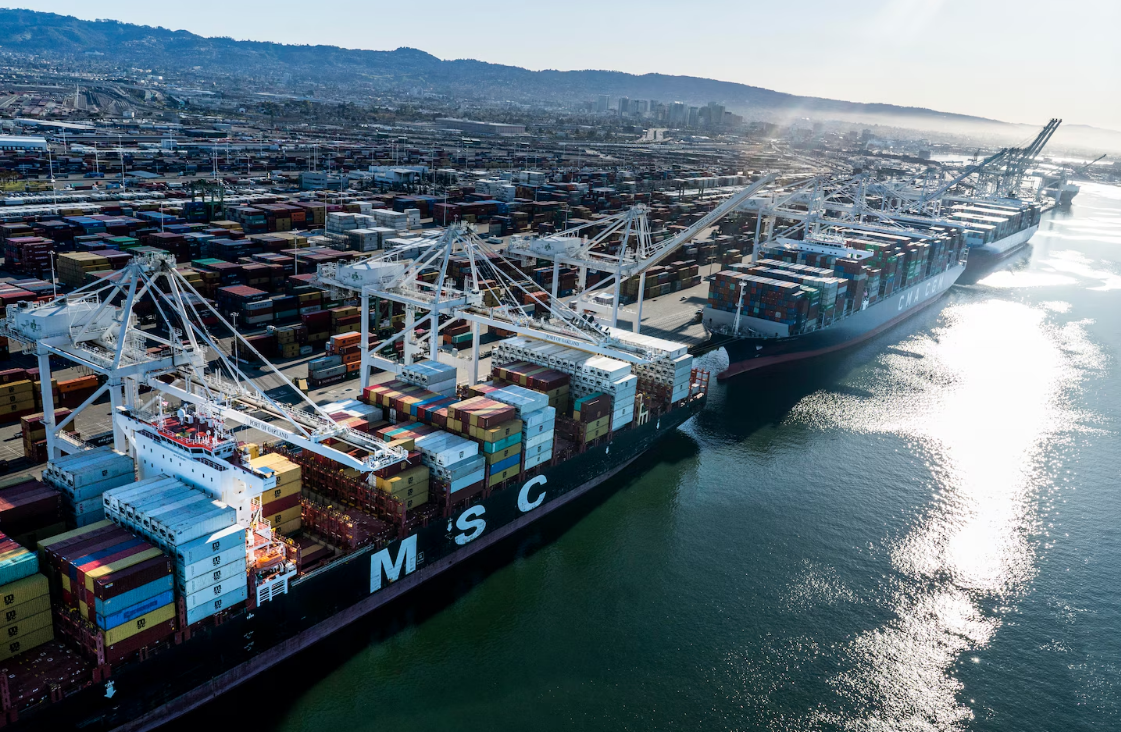Sudden influx of Chinese students in the Philippines triggers National Security investigation
The recent surge in Chinese students in the Cagayan Province of the Philippines has sparked alarm among local lawmakers, who perceive it as a subtle invasion that could potentially compromise the country’s National Security. This concern is amplified by the aggressive stance of the Chinese Communist Party (CCP) in the West Philippine Sea and the South China Sea. The province, situated at the northernmost tip of Luzon Island and facing Taiwan, has seen thousands of Chinese students’ enrolment at a private university, with many renting accommodations throughout the city of Tuguegarao. The Armed Forces of the Philippines (AFP) have pledged to investigate this influx, in collaboration with the Philippine National Police (PNP). Amidst these developments, geopolitical tensions in the Taiwan Strait and U.S. military activities in Northern Luzon further exacerbated the situation, raising questions about the motives behind this sudden demographic shift.
Philippine lawmakers are alarmed by the rapid increase in Chinese
students in Cagayan Province labelling it a ‘quiet Invasion’ that could threaten National Security. According to the Philippine Star over 4,600 Chinese students are enrolled at a private university in Cagayan and are renting in various locations throughout the city of Tuguegarao. On Tuesday April 16th Francel Margareth Padilla, spokesperson for the Armed Forces of the Philippines AFP reaffirmed their commitment to seriously investigate this Surge. To further investigate National Security concerns representative Joseph Joal Larafrom Cagayan province is collaborating with the National Intelligence and coordinating agency NICA to closely monitor the activities of Chinese nationals in Cagayan. Another Philippine lawmaker from Cagayan Robert Ace Barbers expressed concerns about the significant presence of Chinese nationals questioning how such numbers could escape scrutiny without corruption or incompetence among officials. He also mentioned a case where Chinese nationals were found part of the Philippine Coast Guards auxiliary team, remaining active for two years before being removed.
In Manila an unnamed military General conveyed similar anxiety to the South China Morning post this week in Asia stating that Camp Aguinaldo is surrounded by Chinese nationals living in adjacent apartments. Defense analyst Chester Cabalza also speaking to this week in Asia noted that while the presence of Filipino Chinese in Cagayan is common, however, the recent arrival of wealthy Chinese students and businessmen raises concerns especially amidst the geopolitical tensions in theTaiwan Strait and US military activities in Northern Luzan. In response to callsfor an investigation into these concerns Cagayan Governor Manuel Mamba known for his pro-China stance minimized the security risks posed by foreign students into the Tuguegarao. He attributed their presence to agreements between language schools and the commission on higher education ongoing sovereignty disputes between the CCP and the Philippines in the South China Sea have prompted President Ferdinand Marcos Jr to actively seek security guarantees from the United States. Last year the Philippines agreed to a US request to increase the number of bases available to US forces under the enhanced defense cooperation agreement EDCA from 5 to 9. Two of these bases are in Cagayan Province closer to Taiwan, Camilo Osias Naval Base and Lao airport. These locations are strategically important for the US to counter any CCP amphibious assault onTaiwan if a conflict arises in theTaiwan Strait. Additionally the expansion of US bases have strengthened the Philippines defenses.
It’s worth noting that the influx of Chinese students and businessmen in Cagayan Province coincides with the increasing economic influence of China in the region. This has led to a shift in the socio-economic dynamics of the province, with local businesses and real estate market experiencing a boom. However, this economic prosperity comes with a cost, as it raises questions about the potential influence and control of the CCP in the region.
The situation in Cagayan Province is a complex interplay of demographic changes, geopolitical tensions, and national security concerns. While the local government, under the leadership of Governor Manuel Mamba, downplays the security risks, the national government and the military are taking proactive measures to ensure national security. The expansion of U.S. bases in strategic locations, including Cagayan Province, is a clear indication of the Philippines’ commitment to safeguard its sovereignty and territorial integrity. Amidst these developments, it is crucial for the Philippines to strike a balance between welcoming foreign students and ensuring national security.












